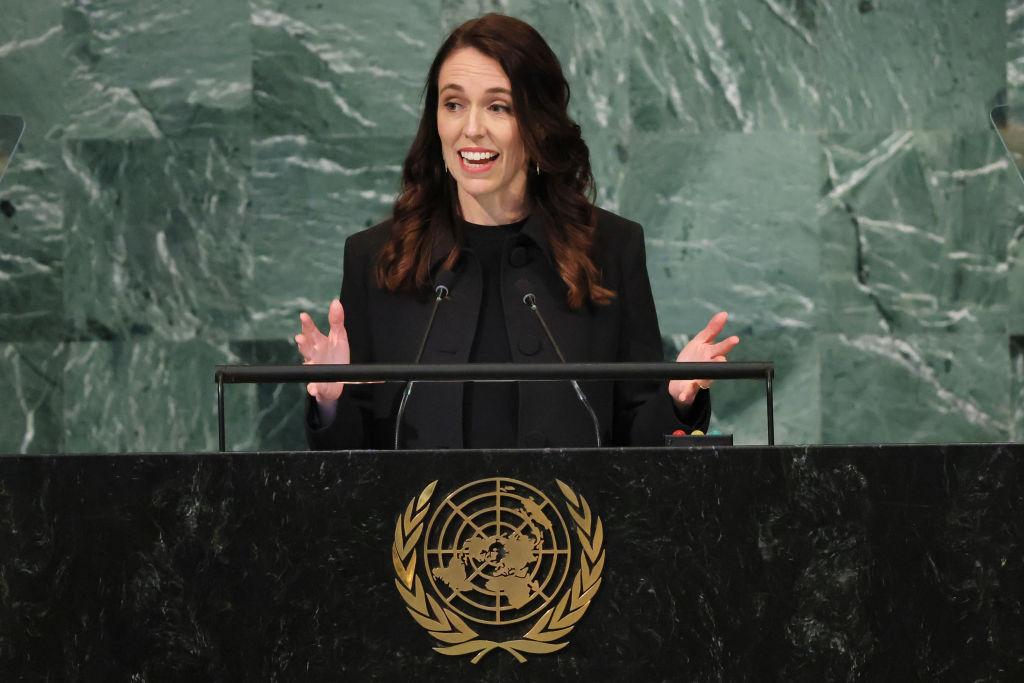New Zealand Prime Minister Jacinda Ardern called for a global ban on nuclear weapons and condemned Russia’s invasion of Ukraine in her statement to the 77th session of the United Nations (U.N.) general assembly.
“The only way to guarantee our people that they will be safe from the catastrophic humanitarian consequences of nuclear weapons is for them not to exist,” she said.





